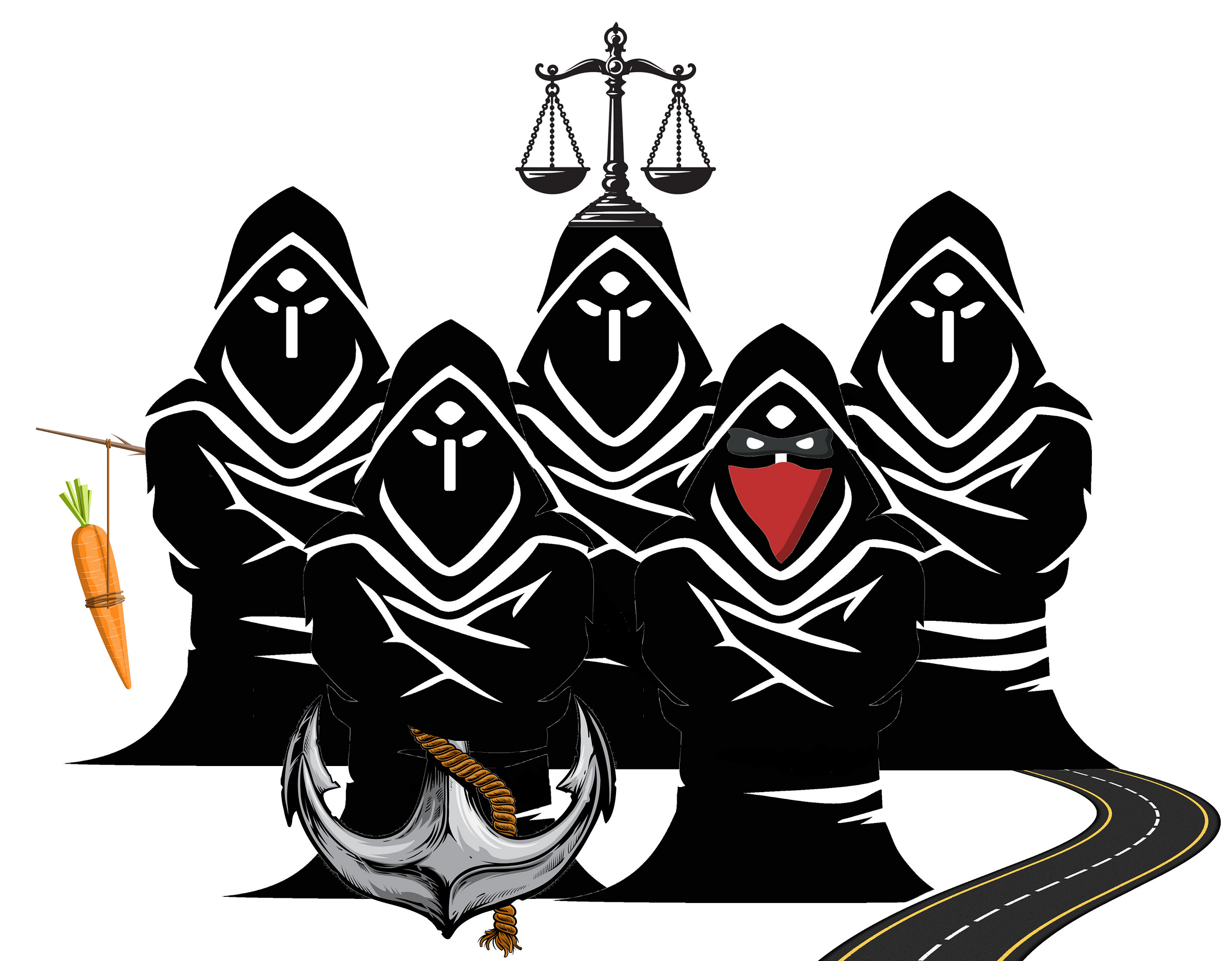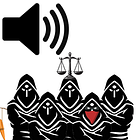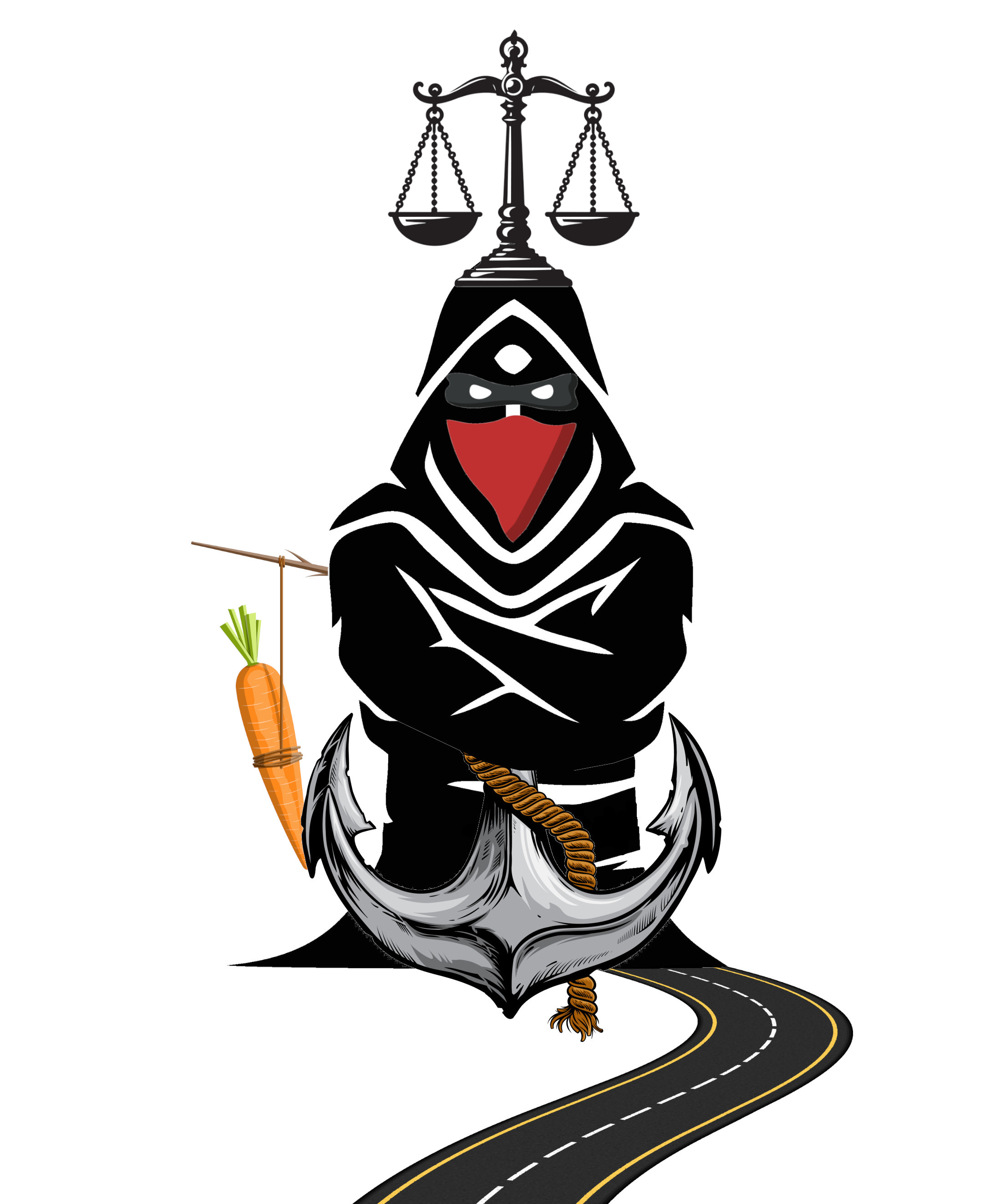Paying subscribers can hear me reading the audio version here
As a child, you become aware that your parents must occasionally hand over money to the state as tax. In our young minds it seems obvious that the government wants our money to spend it. The question that then emerges is what the government gives in return. Are we ‘buying’ something? Is it simply a form of coercive tribute? Is it some act of public goodwill, signalling our desire to contribute to broader society?
I’m going to give you five conceptual models for how to think about tax. I’ll also show how they relate to our perceptions of money. You can hold more than one of these models in your head at a time, even if they contradict each other.
The first four models rely upon a view of money in which it is metaphorically, or literally, imagined as a kind of commodity. It’s imagined as a substance of value that you collect and use for exchange with other individuals. I’d estimate that 99.9% of people in our society hold some version of this commodity imagination of money. Understanding the fifth model of tax, however, will help you to join the 0.1% who can glimpse a totally different conception of money. Let’s start.
The Robber: tax as theft
In philosophies like conservative libertarianism and classical liberalism (which is a foundation of standard economics), humans are seen as solo individuals who pursue their self interest, and who naturally seek to trade with each other to better themselves. Exchange is not only imagined as naturally occuring, but also as the dominant mode of human interaction. From this starting assumption, money is imagined as a commodity that spontaneously emerges to facilitate this natural process.
Core to this position, then, is the belief that markets and money naturally exist without states, and with this vision in place, the state can be cast as an ‘unnatural’ alien invader who comes in to raid. The state steals the money commodity, in order to manipulate and exploit the natural market like a parasite, robbing people of their labour. It can also ‘debase’ the natural money, or make ‘fake’ money to replace it.
The basic gist then, is that many libertarians see tax as a form of theft, in which corrupt bureaucrats steal from hard workers and redistribute it to the lazy.
The Provider: tax as a fee for public goods
This view uses the same basic model of money as a commodity sought out by the state. The difference, though, is that it’s imagined that the state extracts money in order to pay for the infrastructure that’s required to underpin or boost the market.
At a very basic level, this includes providing security and the legal system, which in turn underpins private contracts, without which it would be hard to have any lasting form of trust between private sector players. It’s worth noting that many libertarians accept a limited version of this, seeking a ‘minarchist’ or ‘nightwatchman’ state which exists solely to protect property and contracting rights, and which is justified in taxing a small amount to achieve that.
The more expansive version of this sees the state as providing broader ‘public goods’, like roads and electricity, or education for workers, without which it would be harder for capitalists to make profit.
In this view, the money paid by the private sector as tax is a kind of ‘fee’ for useful state services which make markets bigger and more prosperous. Given that larger players use up more of the market playing field, they rely more upon this state infrastructure, and therefore can be called upon to contribute more to keep it running.
Even if those players don’t like that, they might see tax as a kind of necessary evil to overcome ‘market failures’. For example, roads are needed, but don’t get produced, because the balance of costs and benefits don’t yield enough profit for a private sector player who’d feel like a sucker for producing it (because a bunch of free-riders will then take advantage of it). Hence, the state steps in to provide the thing that everyone needs but no-one will take responsibility for.
The Redistributor: tax as justified extraction
One of the most popular views of tax is that it exists to redistribute from the powerful to the weak, or from those who have the most means to succeed to those who are under-privileged and therefore not on a level playing field in the market.
This draws on concepts of fairness - the idea of helping those on the bottom - but it also makes appeals to stability and market functionality: for a market to work well, you might need to ‘unblock’ concentrations of wealth that might otherwise lead to forms of stagnation.
There are at least three variants of this argument:
The centrist version: tax as rich people being good citizens: many people have a certain civic pride in paying tax, believing that it demonstrates their inclusion within, and willingness to contribute to, a broader society. This carries some basic assumption that you’re held within a collective, interdependent system, and that you have basic responsibilities towards others within it. When it comes to rich people, this leads to that mantra “with great power comes great responsibility”. The person who has done well in society might feel inspired to ‘give back’. A good example of this nowadays is the Patriotic Millionaires movement, who call for higher taxes upon themselves
The conservative version: tax as a means to prevent revolution: there’s a more conservative version of the story in which aristocrats and billionaires see tax as a safety valve to release tension caused by inequality in society. It’s a kind of sacrifice they make to the gods of stability, which - if not performed - will allow the gods of popular vengeance to rise up. It’s not that they agree with the concept of taxation, but they believe that all the jealous riff-raff will get violent if the super-rich don’t at least make some gesture of redistribution
The Marxist version: tax as returning extracted wealth: the two versions above both believe that rich people are rich due to hard work or brilliance, and that their wealth is therefore deserved. Marxists, by contrast, believe that extreme wealth in individual people only exists through extraction. The reason why billionaires are billionaires is that they’ve capitalized on power, and slowly monopolised the toolbox that society uses to produce stuff, and - having done so - extracts rent from workers who operate those assets. In this worldview, tax ceases to be ‘rich people being nice’, but rather ‘rich people handing back their ill-gotten gains so that it can be redistributed to those who actually did the work’
The Technocrat: tax as a carrot and stick
This view sees tax as a strategic instrument used by a state to incentivise and dis-incentivise behaviours deemed desirable or undesirable. It’s a system of rewards and penalties. So, rather than a state seeking to ‘raise money’ by putting a high tax on cigarettes, the state is seeking better health outcomes by making it less likely that you will buy the cigarettes.
In this view, the achievement of the policy objective leads to the elimination of the tax: if nobody buys cigarettes anymore, the state raises no more money through cigarette duties.
Interestingly, this ambiguity is rife in the 2025 Trump tariffs, which are claimed to be a source of revenue for the government, but also an instrument of policy. When the US government imposes a tariff, they’re essentially adding on sales tax on top of private transactions between local American buyers and foreign sellers, which will in turn be paid by those buyers, but it’s ambiguous as to whether the point is to raise money - which would obviously go up with more imports - or whether it is to discourage foreign imports.
It can, of course, be imagined as both: for example, the buyers initially pay the tax, but slowly seek to pivot away from foreign sellers towards US ones to avoid the tax, thereby moving towards the policy goal. If that latter process happens, the US government ceases to raise money through tariffs.
In the case of Trump, though, he’s also using this technocratic tool of incentivisation as a political tool of punishment. For example, he slapped a 50% tariff onto Americans who buy goods from Indians, to punish the Indian prime minister Modi for buying oil from Putin.
Are you a student or low-income individual who’d like to upgrade to a paid subscription but who needs a discount? If so, message me here.
The Anchorman: tax as the foundation of money
In the vision of the taxman as Robber, Provider, Redistributor, and Technocrat, it’s just assumed that money is a some kind of mysterious ‘commodity-like’ thing that exists outside of the state, hence the state needing to grab it, or to pull it from some to give to others.
Since the early 1900s, however, a school of thought called Chartalism has argued that the monetary system is anchored by the tax system, and that tax is required to make money work.
The basic chartalist observation is that states spend money into existence, pushing it out in exchange for real goods and services. Crucial to understanding this, is to understand what the state wants. The state does not want people’s money, much like an oak tree doesn’t want to collect its own acorns from squirrels. Rather, what the state wants is labour, and they get it by issuing credits that they want people to take.
In order to get people to take those credits, though, the state needs to create demand for them. It does this by imposing taxation - in other words, by imposing an obligation on people to give the state those credits back at certain points.
What I’ve just said normally horrifies libertarians, because in their imagination capitalism is peaceful and markets are natural. In the chartalist worldview, and also in the worldview of many economic anthropologists, large scale markets are constructed by states and are always underpinned by violence. The tax circuit used by states to extract labour for themselves, underpins the subsequent monetary system, which in turn catalyses, kickstarts and grows markets to scales previously unimaginable, and therefore scales up private wealth accumulation too.
In this view, state violence is symbiotic with private wealth accumulation, rather than parasitic upon it, because there would be no such thing as large-scale capitalism with its large-scale billionaires if there wasn’t a large-scale monetary system anchored by state taxation. Eliminating taxation would not ‘save capitalism’ from states. It would undermine the entire structure of capitalism. The state isn’t a needy parasite extracting from a host, but rather the very thing that leads to the host growing.
That’s the basic version of the view, but the more advanced version has a technocratic side too. In the chartalist view - which nowadays finds form in the MMT movement - states do not tax to ‘raise money’ to ‘pay for’ stuff, but rather to dampen the inflation that might otherwise occur when a state spends money into existence. If a state issues too many credits it might overshoot the capacity of the system to absorb those, which in turn reduces the power of those credits, so it might first pull credits out of circulation before reissuing them, thereby not diluting their purchasing power.
That reissuance process can have a redistributional element, because money can be sucked from the rich, and then reissued to the poor, or to contractors who will build public goods, for example.
The Taxman’s inner battle
You can see why libertarians hate the views of chartalists, much like superman hates kryptonite or vampires hate crucifixes. Chartalists view tax as constitutive of capitalism, a core mechanism to give substance to the monetary system, which in turn unlocks markets and private sector wealth. For a chartalist, claiming that the state ‘steals’ private sector wealth by demanding its own money back is ridiculous.
That, however, does violence to a libertarian’s self identity as a victim of state oppression, because they want to imagine markets as natural, and money as a tool that spontaneously emerges within that, and tax as a parasitic mechanism. So, even if they reluctantly accept the chartalist reality of how the monetary system works, they don’t want it to be like that, so they must characterise that as fraudulent, coercive and unnatural, and contrast it to an ‘ideal type’ situation in which money somehow works without these characteristics. This is why gold and Bitcoin loom large in their imagination as a kind of Platonic ideal of how money should be, even if they’ve never experienced any world in which that’s an actual reality.
Regardless of this, it’s obvious that the Taxman is an ambiguous, complex and conflicted character. He roams the landscape of taxation, making intensely political decisions by pulling money from certain people and places, and pushing it somewhere else.
Our experience of this character shifts depending on where we are placed. The billionaire experiences the Taxman as robbing him, but the housing construction company experiences new money entering their accounts in payment for low-income housing. That latter action in turn might lower the number of angry and desperate young men who might be pushed into gangsterism to survive in the slums, and who might gun our billionaire down on the street to take his lambo for a joyride. It turns out that the Taxman might be our billionaire’s bodyguard.











It comes to one's mind that the symbiosis is so strong that it seems possible most modern states are creations of 'corporations', with politics being merely an old puppet show.
Taxman #6: the Billionaire’s Bodyguard
Why didn’t you add that one as one of the taxmen? The taxman is more than a bodyguard he also helps the capitalist accumulate wealth through corporate welfare. Your analysis portrays redistribution as something that goes to the poor. This is bad analysis. MOST of the redistribution goes to support business and economic growth. There is a website dedicated to corporate welfare called Good Jobs First. It’s also the policy of all local economic development programs. In addition, almost all local governments are completely dominated by local business associations called chambers of commerce (in the US). Thus, the capitalist class literally uses the government budget as their own piggy bank. This means that the taxman as a robber is not just libertarian; it’s right and its real. Anyone with half a brain should be mad about it. You seem to discount it.
In addition, all of the other taxmen you propose are unnecessary or false (the MMT taxman). Under socialism there is no need for taxation except for a small citizen head tax and for financial reporting purposes. There is no need to tax anyone for public goods or welfare, or to use for sticks and carrots. And again, the MMT version is EMPIRICALLY false. (I can provide sources).